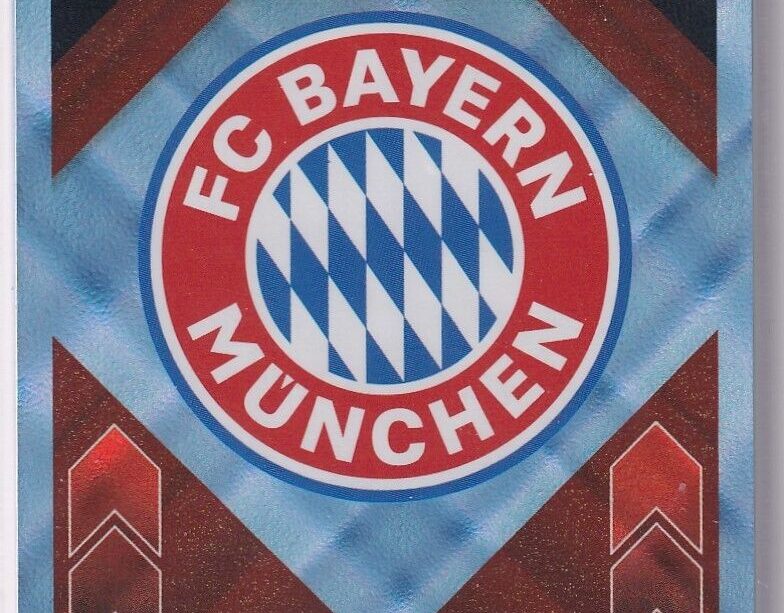The Rise and Recent Developments of FCB

Introduction
FCB, or Football Club Barcelona, remains one of the most celebrated and iconic football clubs in the world. Founded in 1899, its history is rich with triumphs, legendary players, and a unique philosophy that emphasizes attacking football. In recent years, FCB’s importance has only grown, not just in sports, but also as a cultural phenomenon that resonates throughout various communities, especially in Catalonia. Understanding the club’s recent events and restructuring efforts is vital for fans and followers alike.
Recent Developments
As of October 2023, FCB has undergone significant changes, particularly with its management and coaching structure. After the challenging seasons that followed the departure of Lionel Messi in 2021, the club’s board has taken proactive steps to reinvigorate the squad. This year has seen the return of Xavi Hernandez, a club legend, as head coach, who has successfully focused on nurturing young talent while balancing the needs of seasoned players.
In terms of player acquisitions, the transfer market witnessed exciting moves for the club this summer. Key signings, including forward Ferran Torres and defender Andreas Christensen, have bolstered their lineup, aiming for a competitive edge not just in La Liga, but also in European competitions.
Financial Management and Stability
FCB’s financial health has been a focal point as they strive to overcome the challenges from the COVID-19 pandemic. The club’s management has implemented strategic measures to reduce their debt and improve revenue streams. Initiatives such as increasing fan engagement through digital platforms and stadium tours are indicators of their commitment to financial recovery. Furthermore, they are exploring the potential benefits of strategic partnerships and sponsorships that would enhance financial stability.
Implications for Fans and the Community
The recent changes within FCB signify a period of renewal which could lead to much stronger performances on the pitch and renewed hope for fans. With a vision of becoming a top contender in both national and international football, the future looks promising for the club. Moreover, strong community engagement initiatives reflect FC Barcelona’s commitment to its supporters, ensuring that the bond between the club and its devoted fans remains strong.
Conclusion
As FCB continues to evolve and adapt in today’s dynamic football landscape, the club’s commitment to its core values and its fan base will play a crucial role in its success. Fans are eager to witness the manifestations of these strategic changes, and whether they will propel FCB back to the forefront of European football. Only time will tell whether these investments in talent and management will yield the renowned style of play that has long defined FC Barcelona.









